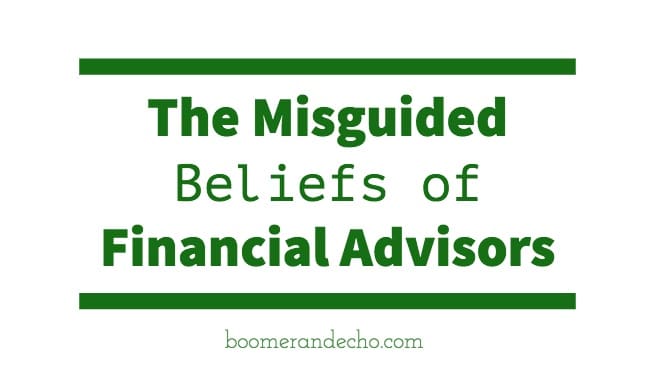Critics of the investment industry, me included, often point to conflicts of interest that lead to higher costs and poorer outcomes for investors. Indeed, a 2015 study on mutual fund fees conducted by the Brondesbury Group determined that financial advisors who receive commissions from selling mutual funds are often biased in selecting funds that offer more compensation for the advisor. This is a problem because funds that pay commission underperform.
While there are certainly a few bad apples in the financial advisory bunch, the industry is to blame for designing a compensation model that is prone to conflicted advice and the mis-selling of financial products. Commission-based advice coupled with an inferior ‘suitability' standard (instead of a fiduciary duty to act in a client's best interest) causes serious harm to investors.
That's why lawmakers in the U.K., Australia, and the United States, have either banned commissions or mandated that advisors act as fiduciaries, placing clients’ interests ahead of their own.
Misguided Beliefs of Financial Advisors
But what if there was an alternative explanation for why investors receive expensive and low quality advice? Remember the famous quote by Upton Sinclair:
“It is difficult to get a man to understand something when his salary depends upon his not understanding it.”
Maybe the majority of commission-based financial advisors aren't evil and conflicted at all. Maybe they just don't get it.
A shocking report titled, ‘The Misguided Beliefs of Financial Advisors“, suggests that many advisors offer well-meaning, but misguided, recommendations rather than self-serving ones.
The authors go on to say that advisors give poor advice precisely because they have misguided beliefs. They recommend frequent trading and expensive, actively managed products because they believe active management, even after commissions, dominates passive management. Indeed, they hold the same investments that they recommend.
Wow. So when you hear all the sh*t your advisor says about active vs. passive, and mutual funds vs. ETFs, he isn't just giving you a sales pitch – no, he truly believes it. He's drank the Kool-Aid.
The study used data provided by two large Canadian financial institutions, using comprehensive trading and portfolio information on more than 4,000 advisors and almost 500,000 clients between 1999 – 2013.
Interestingly, the data also included the personal trading and account information of the vast majority of advisors themselves. The study showed that advisors pursue similar strategies in their own portfolios even after they stop advising clients, which rules out the possibility that advisors hold expensive portfolios merely to convince clients to do the same.
“The advisor’s own trades reveal his beliefs and preferences, which allow us to test whether client trades that are criticized as self-serving emanate from misguided beliefs rather than misaligned incentives.”
The study questions the efficacy of policies aimed at resolving conflicts of interest – either by imposing fiduciary duty or banning commissions – because they do not address these misguided beliefs.
Final thoughts
Hat-tip to Larry Bates for pointing out this study in what he calls the mutual fund mystery. The mystery being, who are these two Canadian financial institutions, and will they take action to educate their 4,000 advisors?
I've spent considerable time railing against the mutual fund and investment industry over high fees and conflicted advice. Perhaps it's time to turn my attention towards the army of blissfully ignorant and misguided advisors who are unknowingly giving bad advice.
The study concludes by taking aim at that very problem, saying it would require improved education or screening of advisors, perhaps enforced with professional licensing requirements.
Changing advisors’ views about active investment strategies may also be difficult:
“Advisors are not random draws from the population, and they may pursue their vocation in part because of their misguided belief that active management adds value. In fact, advisory firms may hire precisely those advisors who will deliver sincere, but expensive, advice.”
Finally, it probably goes without saying but the advisors in the study recommended funds that underperformed the market by 3 percent annually. Shocking, indeed.
